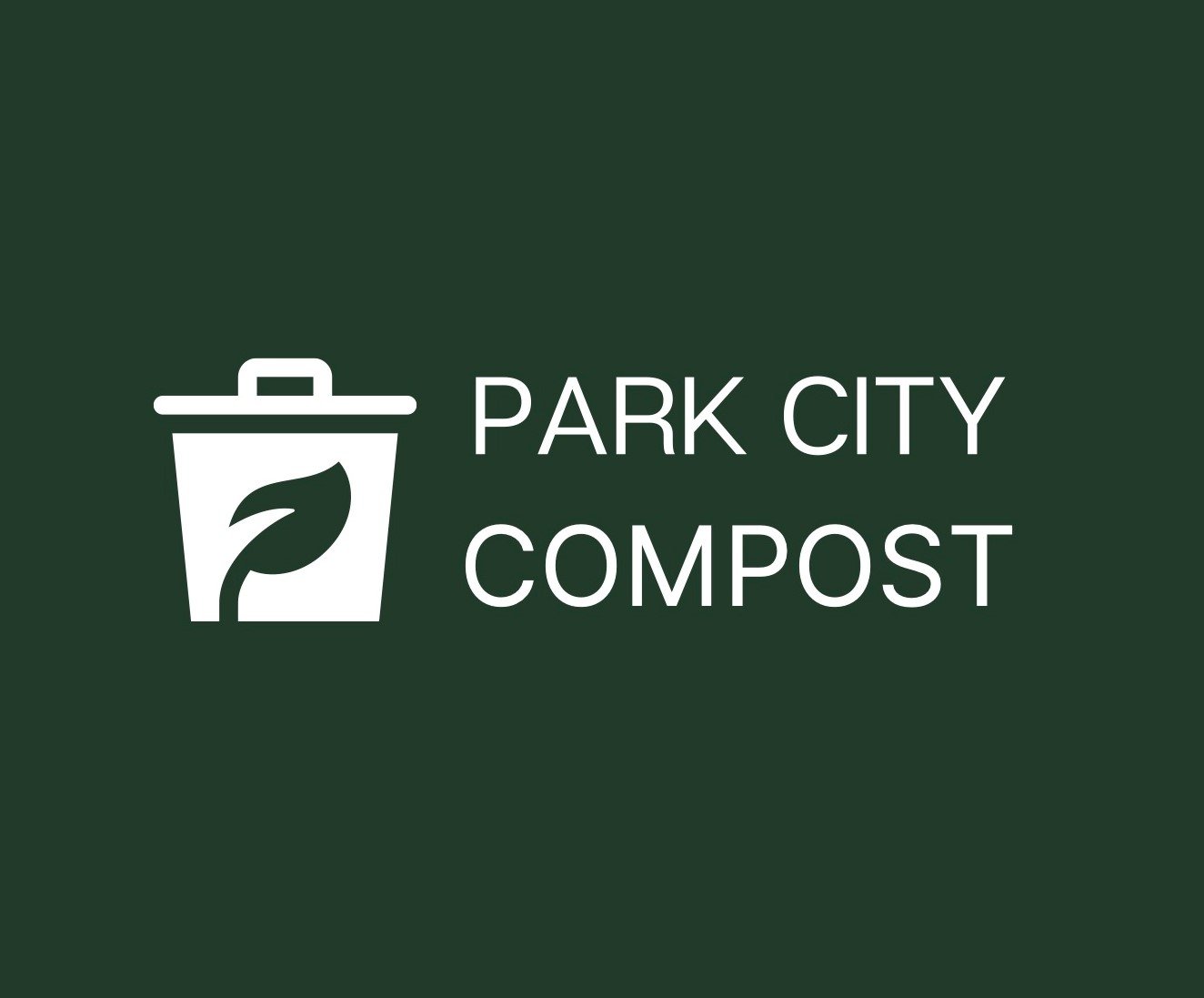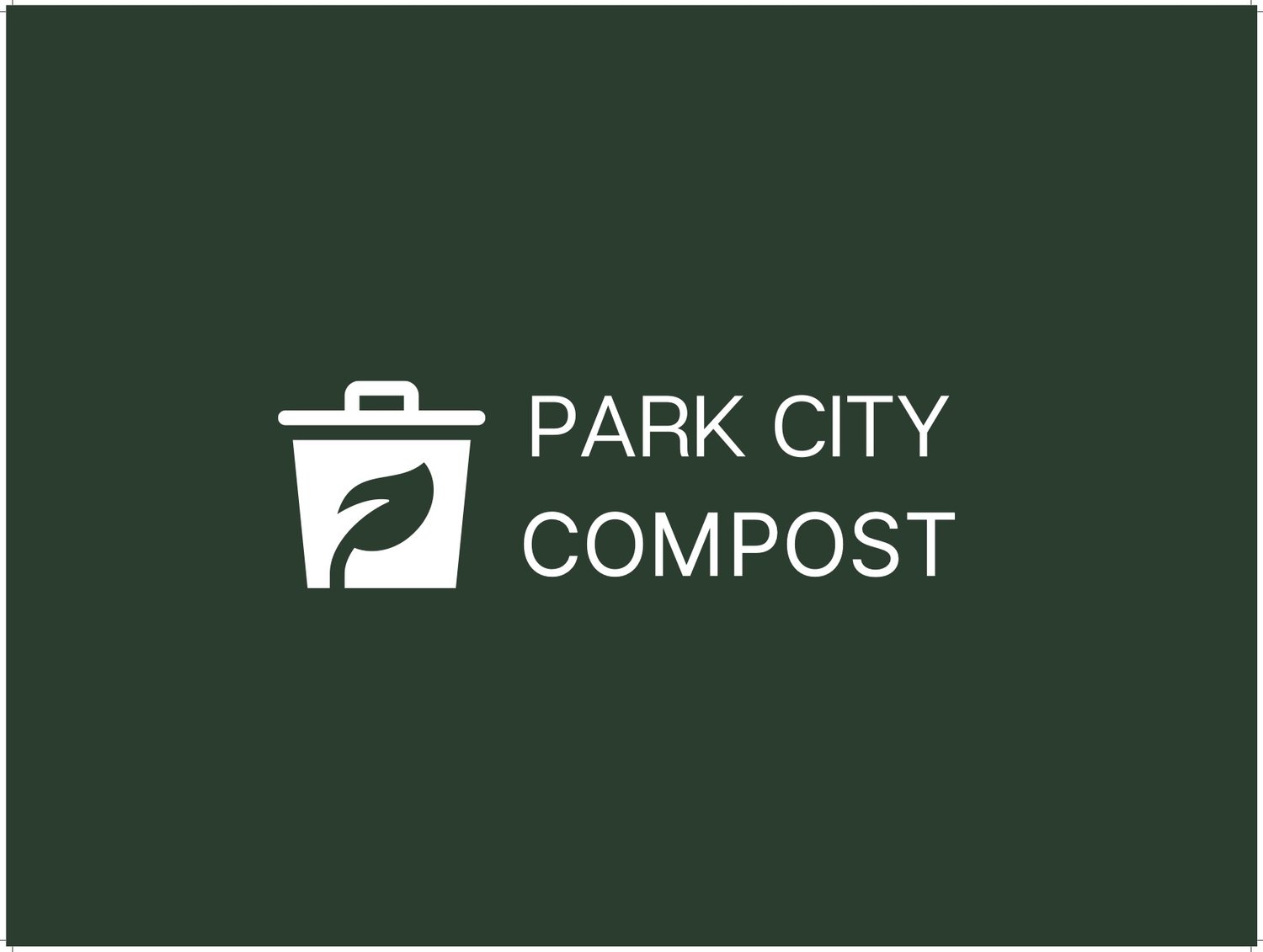Why Compost Food Scraps?
Composting reduces the aesthetic impacts of food waste mixed into the solid waste system (smells, spills of liquid waste residue in roadways from the household collection, and bulk transportation)
It also improves air quality as fewer noxious fumes would come out of the solid waste collection and disposal (incineration) process. Over 30% of Connecticut’s solid waste is food waste. By composting we are making important health and emotional/political steps forward for a local community that has long suffered from environmental justice concerns, including dangerously high levels of asthma.
Economically, PCCI will be able to grow jobs and, municipalities like Bridgeport would also see a budgetary benefit in the form of reduced “tipping fees”, thus lowering overall municipal expenditures. This will magnify in coming months as tipping fees for solid waste escalate dramatically in CT.
Bridgeport can and will be regarded as a socially and environmentally responsible community through this leadership and its impact on the environment, budgets, and health of our citizens and environment. By teaching practices of composting among young people by integrating schools into this project. Kids would bring this attitude and commitment home, much as has been done to reduce smoking. Creating a long-term investment in our children, and our environmental community.
Compost is a valuable ammendment for soil in gardens, lawns and parks to improve soil health and support healthy plant growth. This will improve survivability of plantings and productivity of gardens for food.
Why do we need Compost?
Compost has many benefits for our environment and soil. One way that compost helps enrich the soil is that it increases the ability of soil to retain nutrients and deliver those nutrients to plants. The technical way that compost does this, is by increasing the soil's Cation Exchange Capacity (CEC). CEC is the amount of positively charged ions that a soil can hold. Some examples of positively charged ions that are good for your soil are calcium, magnesium, potassium, ammonium, hydrogen, and sodium.
Compost also helps soil by balancing the acidity (Ph Levels). Plants need and use up the minerals that help maintain the Ph Levels of our soil. It is essential to restore and keep soil at a balanced Ph level. Good compost has a Ph Range between 6-8. Park City Compost Ph Level was tested at 7.7. Acid rain, salt, chemical fertilizer and other polutants can interfere in natural PH balance of the soil, compost ammendments restore that balance.
Compost also serves as a sponge for water, an essential element for our soil. Retaining more water not only allows for more water for our plants and soil, but it also conserves water by reducing runoff and flooding. Compost enables water absorptionby increasing the porosity of the soil, or the tiny pathways into the ground for water to be absorbed into the soil instead of running off. Thsi also helps prevent soil crusting and compaction. Soil crusting is when the surface levels of soil become hard and prevent water penetration. Soil crusting can occur from either biological or environmental factors.
Compost as a soil amendment provides crucial nutrients for plants in the soil. These nutrients are important to grow strong plants, similar to human diets. The healthier we eat, the healthier we are, and the stronger our immune system is. Compost does the same thing for our plants. When there is an imbalance in the soil the plants are more exposed to disease and pests, as weeds and pathogens thrive in imbalanced soil.
As Park City Compost Initiative compost is farmed in thermophilic temperature ranges, the process kills weed seeds, and pathogens to make it safe and healthy to use in your gardens, yards and parks.

